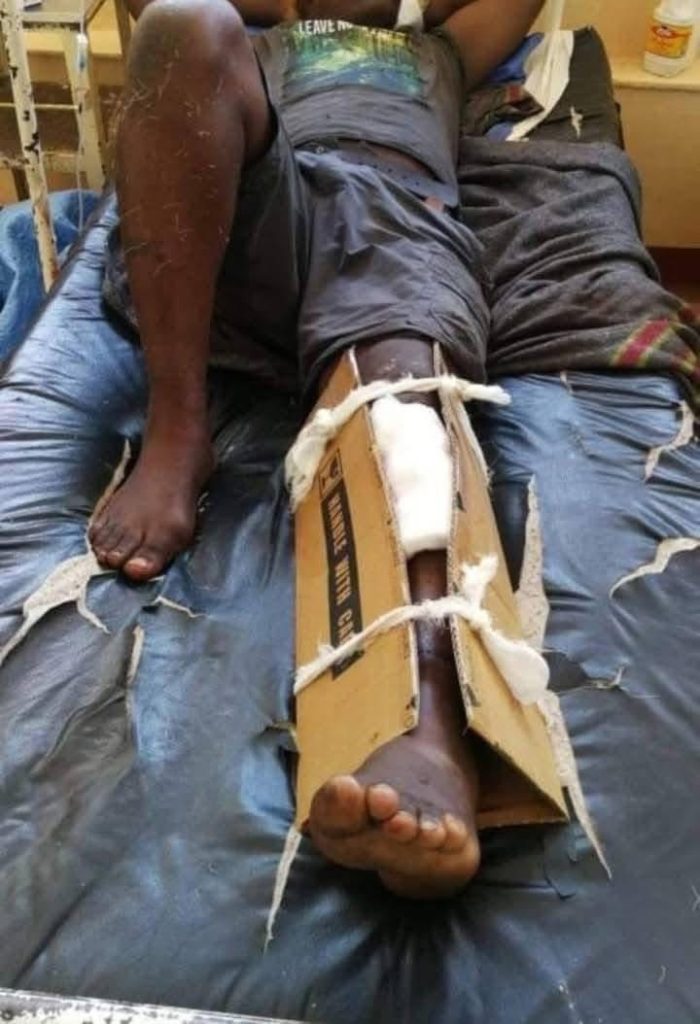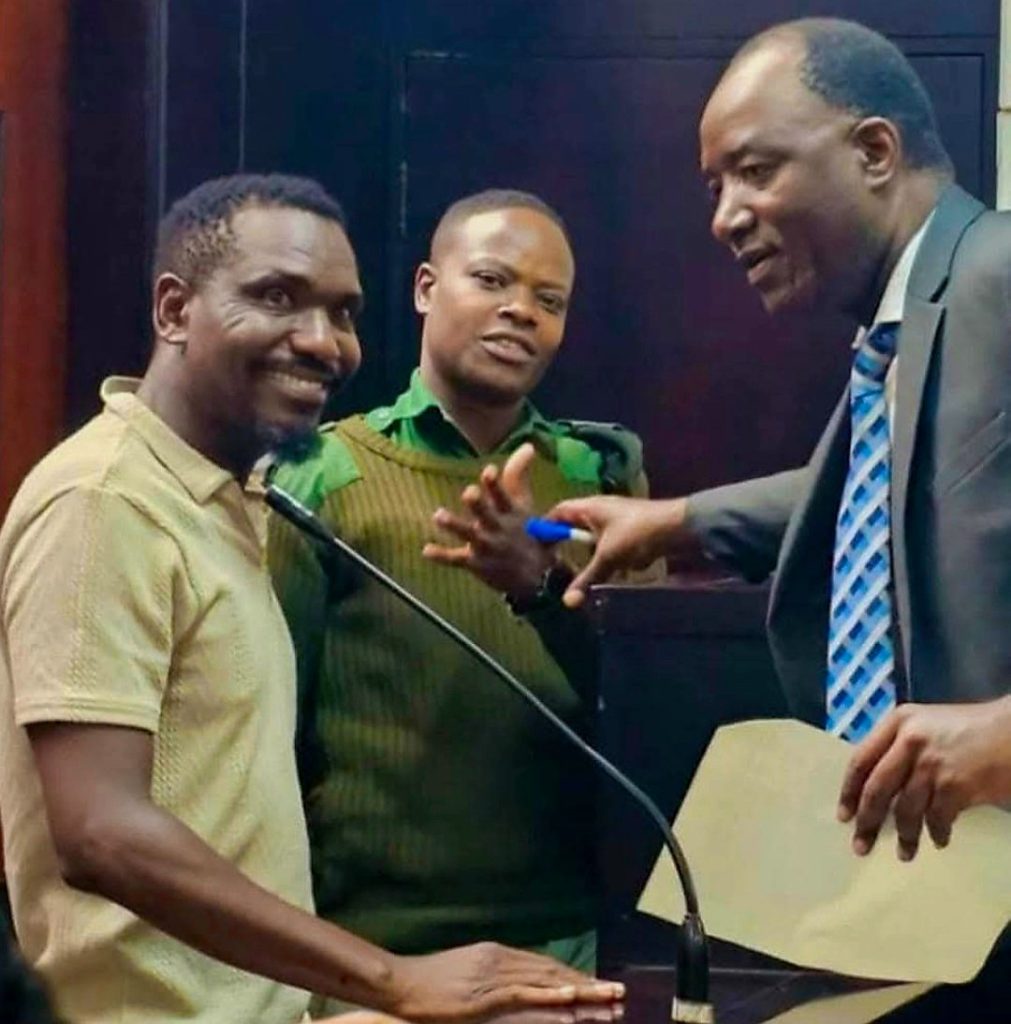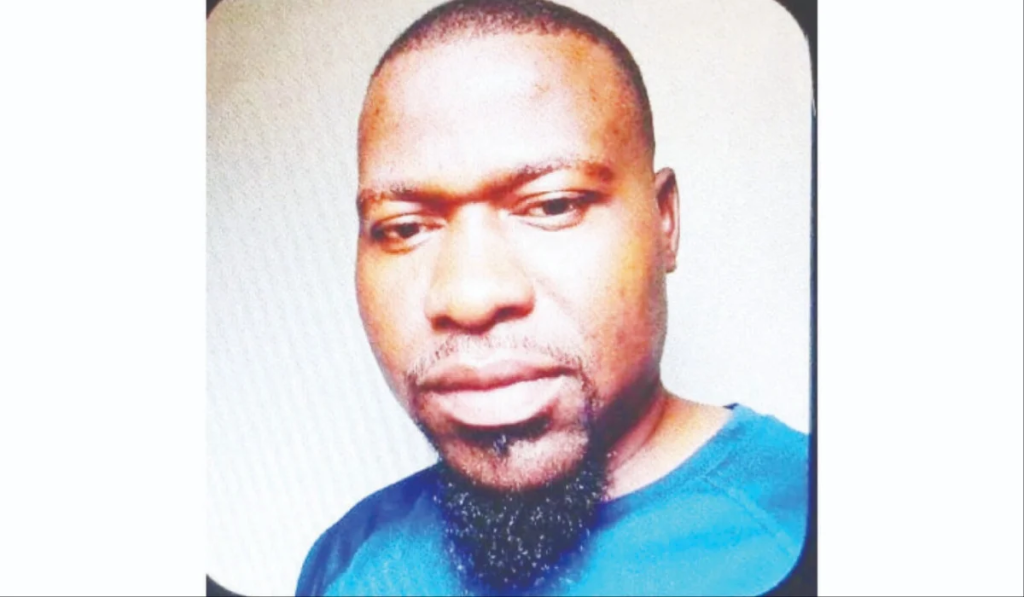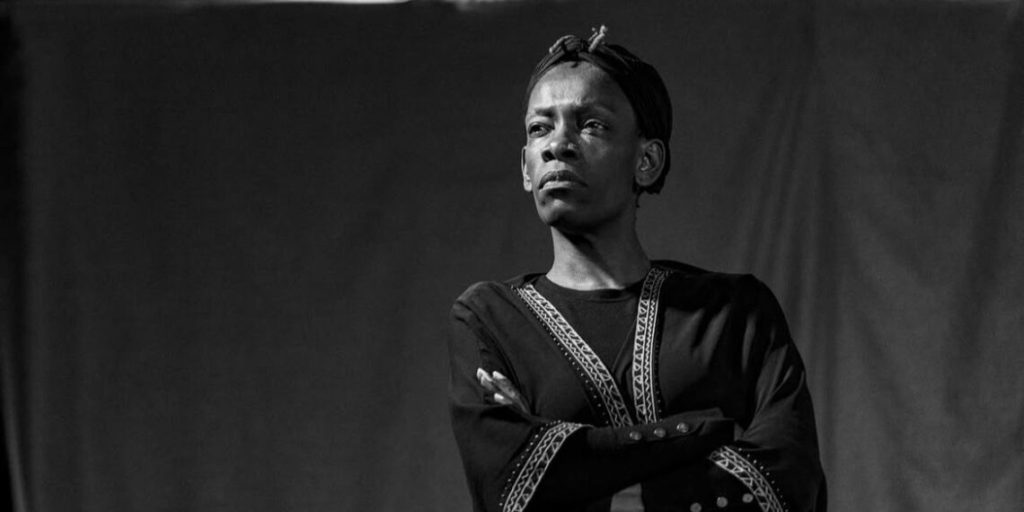By Staff Reporter
Harare – The Ministry of Health and Child Care has dismissed growing public outrage over Zimbabwe’s deteriorating healthcare system, sparking fresh criticism as citizens accuse government officials of downplaying a crisis that has left hospitals severely understaffed, poorly equipped, and out of reach for most ordinary Zimbabweans.
In a defensive statement issued amid escalating social media backlash, the ministry rejected what it called “unwarranted and mischievous attacks” on the health sector, insisting instead that the “Second Republic” has made steady progress in improving healthcare—a claim that has been met with widespread skepticism.
“The Ministry of Health and Child Care has taken note of recent negative remarks circulating on social media, which appear to form part of a broader pattern of unwarranted and mischievous attacks.
“These comments seem to be well-orchestrated efforts aimed at selectively highlighting challenges within the public healthcare system, while deliberately overlooking the critical services still being provided—often under resource-constrained conditions—and the significant progress made in recent years.
“While we recognise and respect the public’s right to express concerns—and we welcome constructive engagement from all citizens and leaders—it is vital that such discourse remains fair, balanced, and based on verified facts,” read parts of the statement.
Yet, the lived experiences of many Zimbabweans—and unusually frank comments from within the ruling establishment—tell a vastly different story.
Youth empowerment deputy minister Tinoda Machakaire broke ranks this week with a heartfelt plea to President Emmerson Mnangagwa to “find time” from his “ busy schedule” and visit the institutions himself after visiting a relative in a public hospital.
His comments, posted on social media, stand in glaring contrast to the ministry’s upbeat tone.
“What I saw was deeply moving—a clear indication that many of our people are facing serious challenges,” Machakaire wrote, adding that the widespread public outcry “is not an exaggeration.”
Machakaire’s call for direct engagement from Mnangagwa comes amid growing frustration over the government’s continued failure to address long-standing systemic issues in the healthcare sector—where hospitals often lack basic medications, and even life-saving equipment like ventilators is in dangerously short supply.
Tragically, this shortage recently turned fatal.
Ellen Rungani, daughter of retired general Victor Chikudo Rungani, revealed that her father died after failing to find a ventilator at several public hospitals, including the military’s flagship Josiah Magama Tongogara Barracks facility.
A machine was eventually located at a church-run hospital, but it was too late.
Here’s a refined and polished version of your statement with improved flow, clarity, and impact:
In its official response, the ministry of health listed a series of “notable achievements,” including telemedicine demonstrations and high-profile surgeries.
Yet these isolated successes offer little solace to the majority of Zimbabweans, who must procure their own painkillers and bandages before receiving treatment—or else seek help in understaffed, overcrowded facilities lacking even the most basic medical supplies.
Critics accuse the government of sidestepping these harsh realities, arguing that its priority appears to be reputation management rather than meaningful reform.
Adding his voice to the debate, former cabinet minister Walter Mzembi commended Machakaire, whom he hailed as a “Martyr of Truth” for amplifying the grievances of ordinary citizens.
Here is the corrected version of the direct quotes with grammatical errors fixed, while keeping the original tone and meaning intact:
“What if President Emmerson Mnangagwa turns around and thanks Machakaire for telling him the truth on behalf of Zimbabweans—a truth that may be covered up in glossy Cabinet reports, a castle of lies that ultimately makes the President look bad as the appointing authority?
“What will happen to all those who habitually defend lies and non-performance?
“Wasn’t this the culture people expected from a new dispensation—truth-telling when things are going south, to alert a Principal that all is not well, as reported?” said Mzembi.
“Why does anyone get angry over a message that was seemingly very politely written and resonated so strongly with the masses?
“The vultures are rubbing their palms, expecting this young man to fall as a martyr of truth… What kind of standard is that?
“He has probably saved more lives through his emotions than those who want more graveyards out of collective incompetence and cover-ups,” added Mzembi.
The ministry of health’s rebuke of what it calls “selective highlighting” of challenges reveals a concerning reluctance to fully acknowledge the scale of the crisis.
While there is merit in recognising the dedication of health workers and isolated gains in infrastructure, true progress requires transparency and accountability—not denial and deflection.
Machakaire, in his post said: “There is no substitute for seeing, listening and understanding firsthand what our citizens are going through.”
Ordinary citizens are anticipating that the government will heed that call, not just for political optics, but for the survival and dignity of millions of Zimbabweans.




